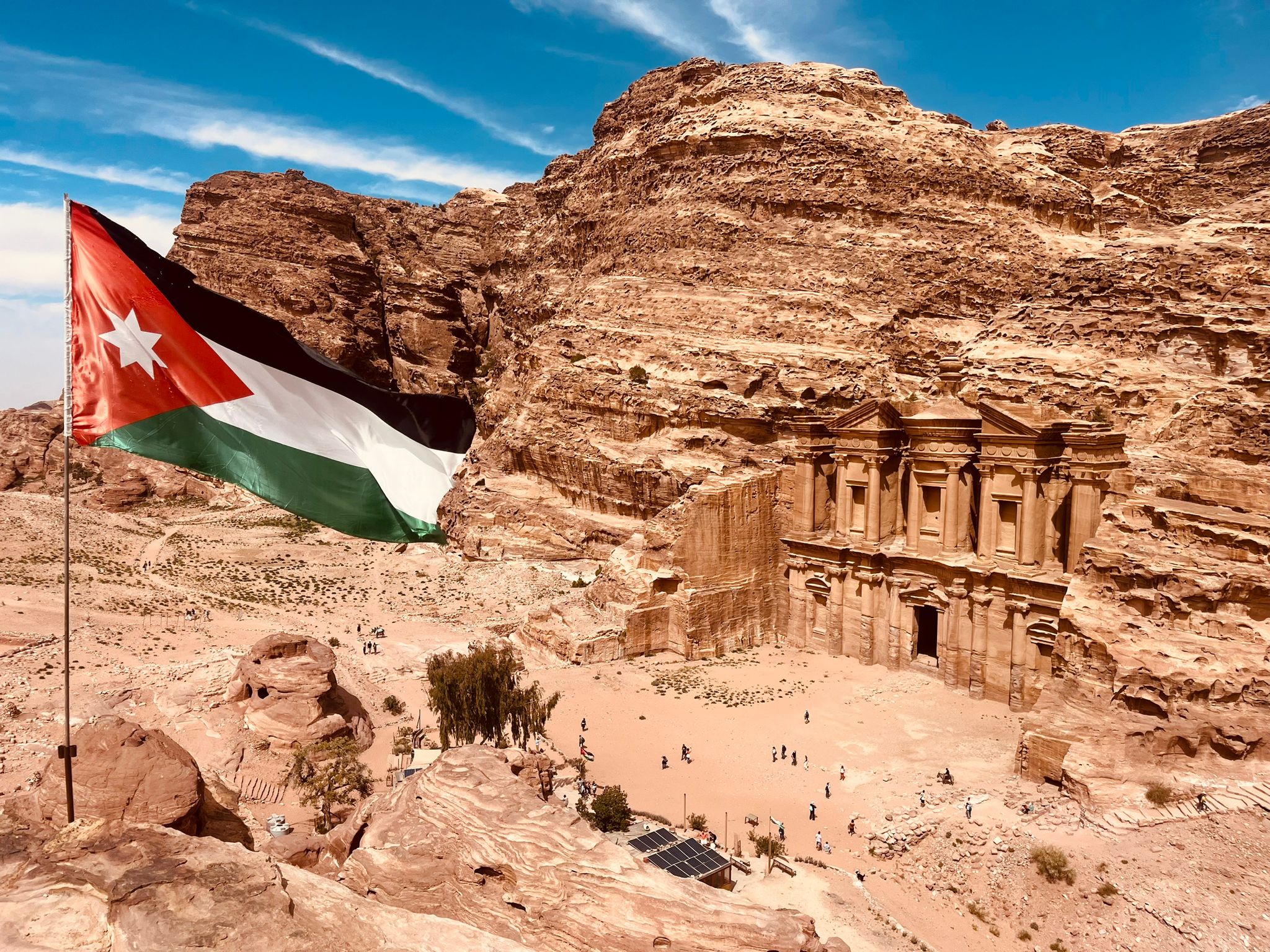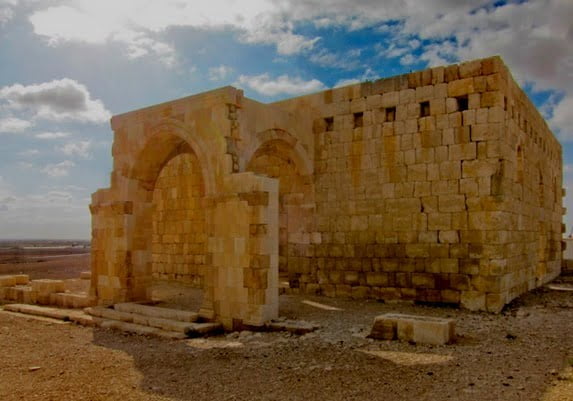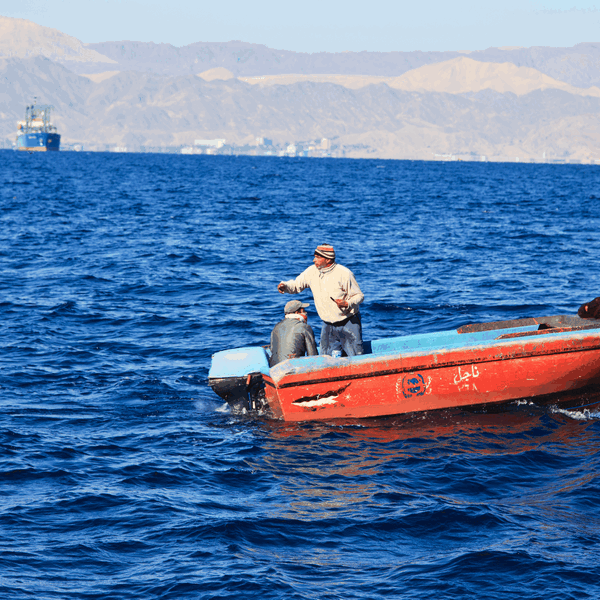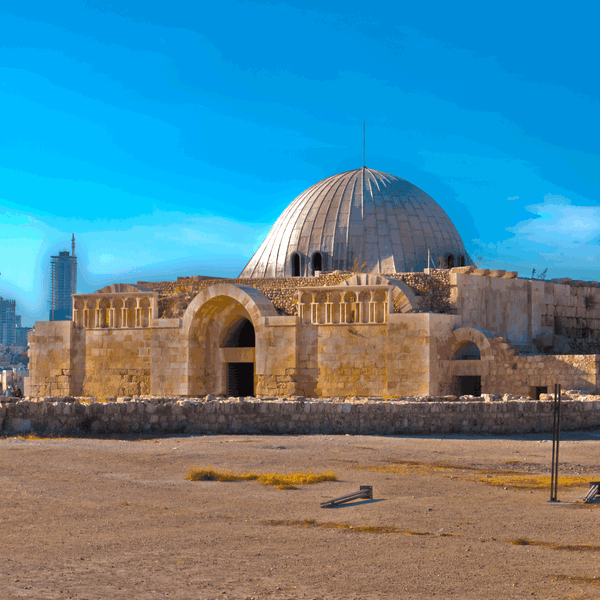The Jordan Valley is a region in the Middle East that extends from the Sea of Galilee to the Dead Sea. It forms part of the border between Jordan and Israel, and it’s known for its historical, geographical, and political significance. The valley has fertile land and important water resources, making it agriculturally productive. However, its control has been a source of contention between Israel, Jordan, and the Palestinians due to its strategic importance and access to water.
Geography:
The Jordan Valley is a low-lying region located in the Rift Valley system. It stretches from the northern tip of the Dead Sea to the southern shores of the Sea of Galilee. The valley is characterized by its unique topography and is bordered by mountains on both sides.
Water Resources:
The Jordan River flows through the valley, and it’s a significant water source in the region. This water is crucial for agricultural purposes, as well as for drinking and industrial use. The availability and control of water resources have contributed to the geopolitical complexities surrounding the Jordan Valley.
Agriculture:
The Jordan Valley’s fertile soil and access to water have led to extensive agricultural activities. Crops such as dates, citrus fruits, vegetables, and even some tropical fruits are grown in the region. Agriculture plays a significant role in the local economy.
Political Importance:
The Jordan Valley has been a focal point of political and territorial disputes for decades. Israel captured the area from Jordan during the Six-Day War in 1967 and has maintained a military presence there. The Palestinian Authority seeks control over the valley as part of a future Palestinian state, while Israel considers the area vital for its security.
Settlements:
Israel has established settlements in the Jordan Valley, which are a subject of international controversy. These settlements are considered illegal under international law by many countries and organizations, but Israel disputes this interpretation.
Border Control:
The Jordan Valley’s location along the border between Jordan and Israel makes it a strategic area for security considerations. Both Jordan and Israel view the valley as essential for their national security.
Negotiations:
The status of the Jordan Valley is a key point of contention in Israeli-Palestinian negotiations. The Palestinian leadership considers the area part of a future Palestinian state, while Israel has expressed security concerns about withdrawing from the valley.
Tourism:
Despite its political tensions, the Jordan Valley also attracts tourists due to its historical and religious significance. Sites like Jericho, one of the world’s oldest continuously inhabited cities, and religious sites around the Jordan River are of interest to visitors.





